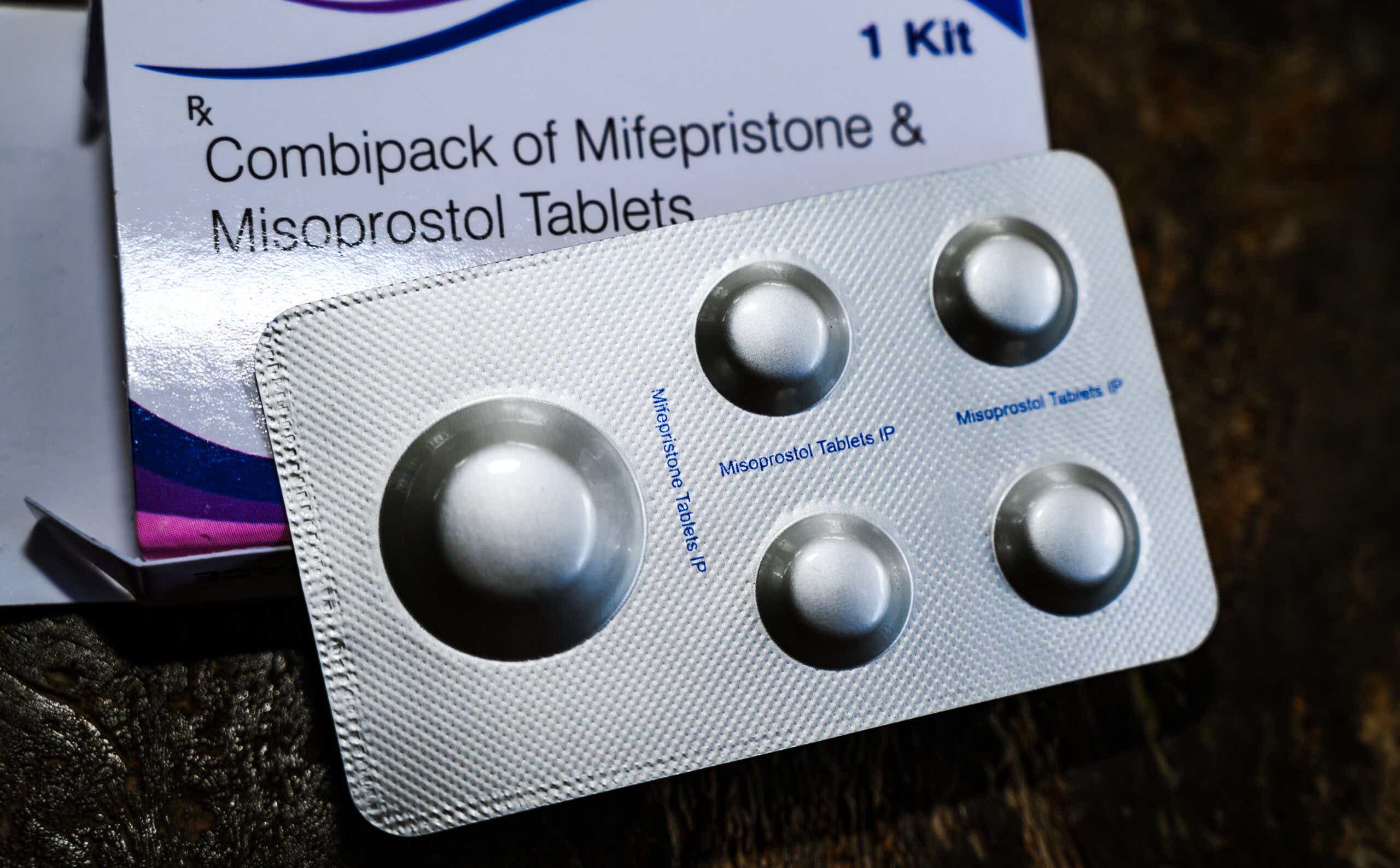On Thursday, the Texas House passed House Bill 7 (HB 7). The legislation would seriously restrict the use of abortion medication in the state — and the ACLU has gone so far as to describe it as a "bounty-hunting scheme" because of its cash-grabbing potential.
The scope of House Bill 7
Under the legislation, anyone connected to an abortion could sue doctors, distributors, and manufacturers anywhere in the country for $100,000. Anyone who came into contact with the medication would be liable. Even individuals who had nothing to do with the abortion could sue, though in this case, 90% of the award would go to a charity of their choice.
A "bounty-hunting scheme"
As my friend Jessica Valenti has pointed out, the charity loophole would enable activists to carry out "sting operations" against abortion pill providers, then donate the bulk of the money to the anti-abortion group of their choice. Here's the kicker: An abortion wouldn't even have to happen to create liability— a person or organization need only have intended to ship the meds to Texas.
The horrifying impact on women and girls
HB 7 is also known as the “Women and Children Protection Act,” a very deliberate moniker that's worth digging into. Pregnancy has been markedly more dangerous in Texas since the state's abortion ban was introduced. ProPublica found that the rate of sepsis shot up more than 50% for women hospitalized when they lost their pregnancies in the second trimester — and the risk was particularly high for women whose fetuses may have had a heartbeat when they were admitted. Miscarrying women have died due to delays in removing the fetus, because doing so would constitute abortion.
These life-threatening risks, which would be exacerbated by HB 7, are likely to be particularly high in rural communities. “HB 7 would be especially harmful to rural Texans, who already face major barriers to health care access—including abortion. In many parts of the state, clinics have closed, hospitals are miles away, and public transportation is limited or nonexistent,” Kamyon Conner, executive director of Texas Equal Access Fund, told the Daily Yonder.
Still, for the most extreme anti-abortion groups, HB 7 doesn't go far enough. As the Houston Chronicle notes, Abolish Abortion Texas says it falls short because it protects pregnant women from litigation, “thereby denying equal protection of the laws.”
“Our laws should deter everyone in Texas from murdering preborn children, whether they are third-party abolitionists, the fathers of the children, or the mothers of the children,” JR Haas, the group's vice president, said in a statement.
A ripple effect in blue states
As the New York Times notes, supporters of HB 7 hope that it may undermine "shield laws" in blue states that aim to protect abortion providers from investigations and legal action from states with bans.
“Texas is sort of the tip of the spear,” Marc Hearron, the associate director of litigation at the Center for Reproductive Rights, which provides legal support to abortion providers, told the NYT. “It’s setting up a clash.”
As always, we highly recommend Jessica Valenti's essential Substack, Abortion Every Day, for up-to-the-minute developments around these important stories.









